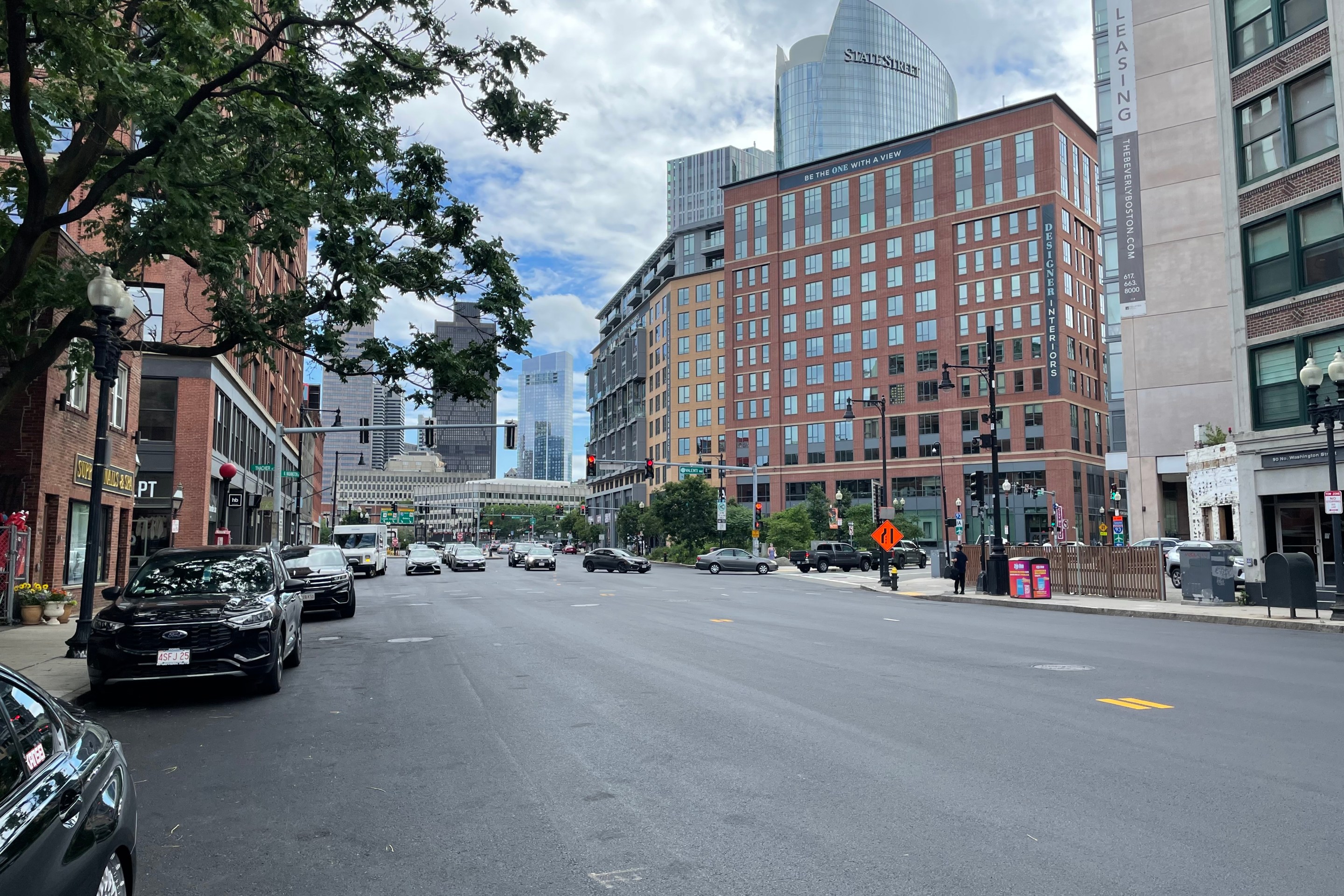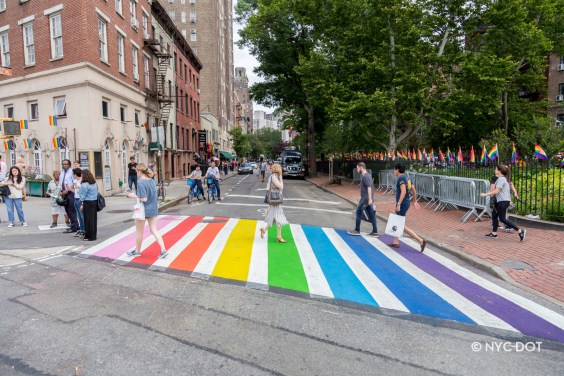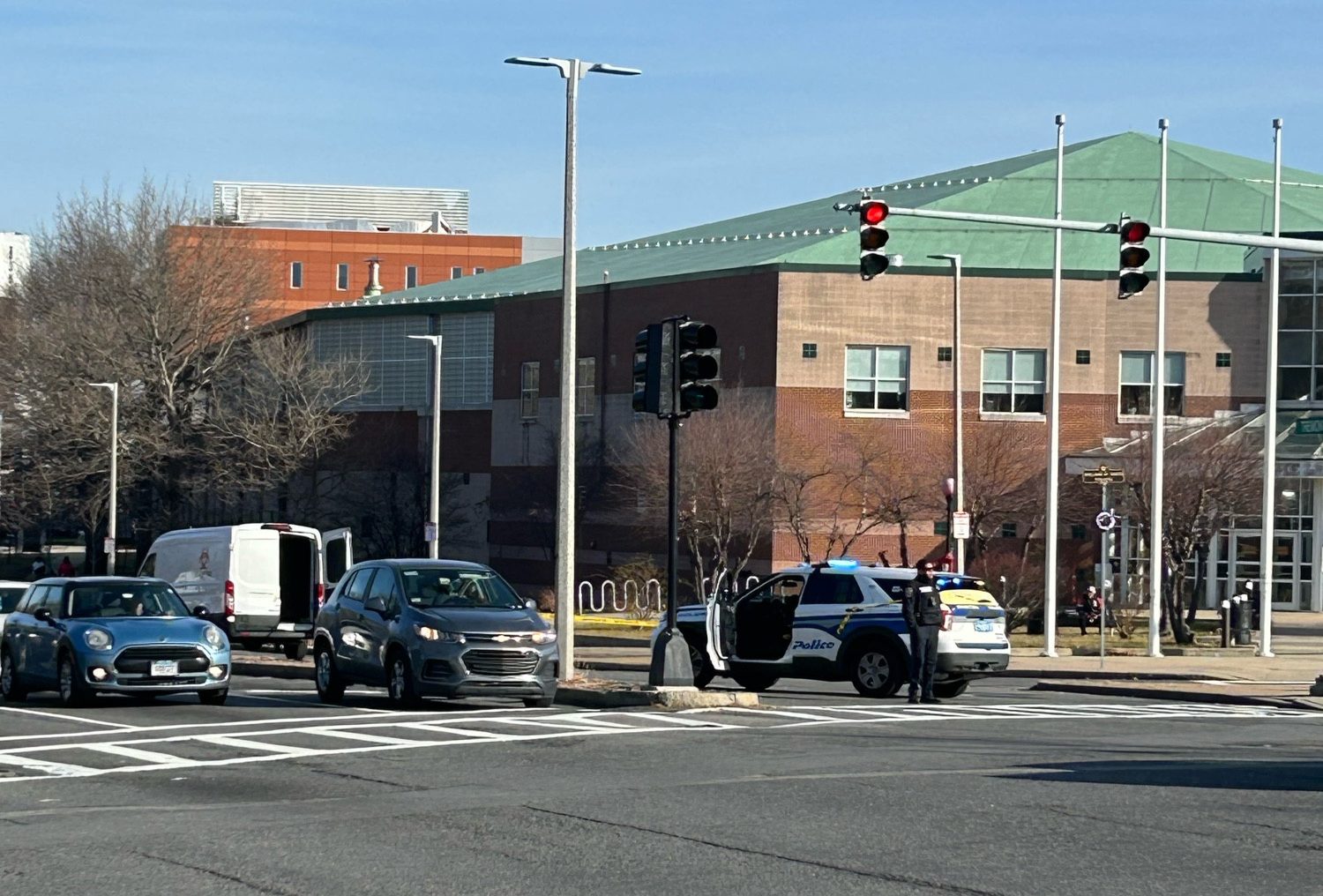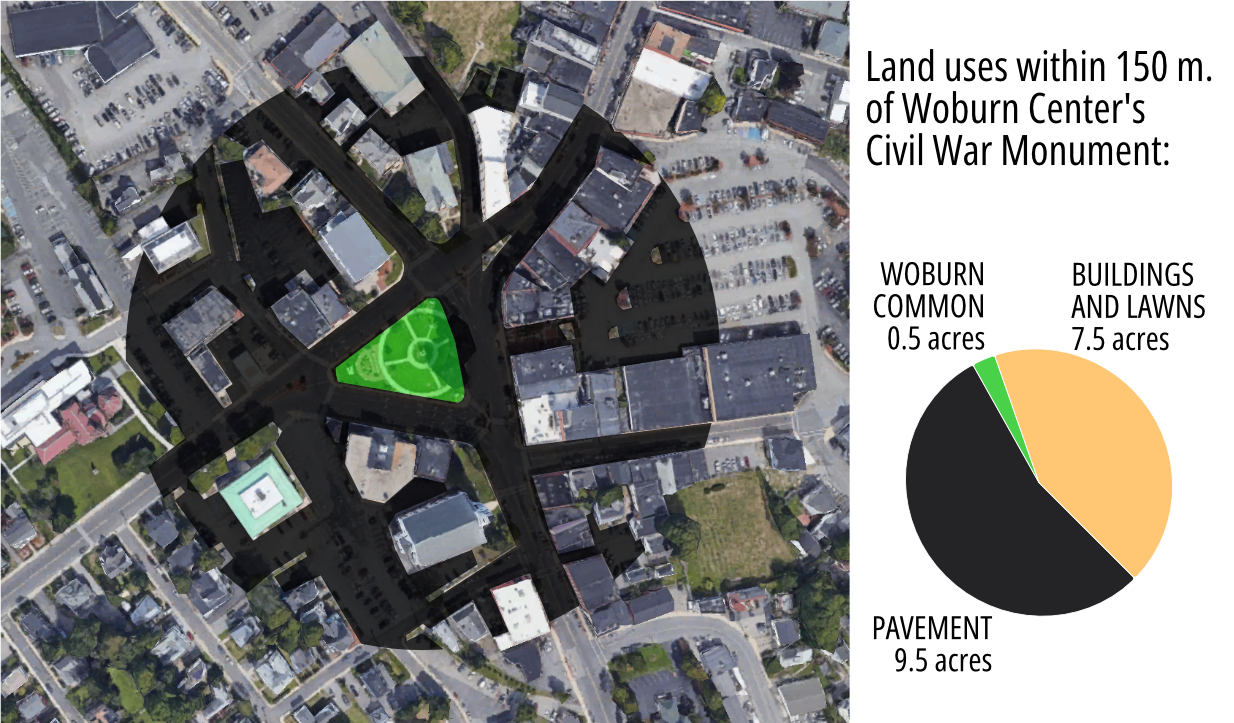On July 4th, Governor Healey signed a 2026 state budget law that gives the MBTA $217 million less than the agency's budget-writers had planned for in the coming year, and puts the agency in yet another precarious financial condition.
Last month, the MBTA board of directors approved a $3.24 billion operating budget that avoided service cuts and fare increases by taking advantage of higher-than-expected revenues from the state's new "Fair Share" income tax surcharge on high-income households.
The board-approved budget anticipated that the T would receive $687 million in additional state subsidy from the state's Commonwealth Transportation Fund, which would have covered about 21 percent of its anticipated operating expenses for the coming year.

But when lawmakers finally passed a budget law last week, the final draft only included $470.2 million for the T from the Commonwealth Transportation Fund – about $217 million less than the T's budget plan had anticipated.
Governor Healey signed that budget law last Friday, on July 4th holiday.
On the same day, President Trump signed the so-called "Big Beautiful Bill," whose severe budget cuts for things like healthcare and food stamps are expected to saddle state governments with huge new expenses in the years to come.
Still balanced, but teetering on the edge
With the passage of the state budget and the previously-enacted "supplemental" budget for unspent Fair Share revenues, the T can now expect to receive a total of $3.16 billion in revenue next year.
That's about $80 million less than the agency plans to spend on wages, benefits, debt service, and transit operations.
Nevertheless, a T spokesperson told StreetsblogMASS on Monday that its fiscal year 2026 budget "is balanced with the funding from the legislature."
The spokesperson did not elaborate on how the agency would make up the $80 million difference between its expected revenues and expenses, but it's possible that the agency could draw from its reserve funds to cover the difference.
However, after several years of operating with large deficits in the wake of the Covid-19 pandemic, the T's reserve funds are already dangerously low.
The spokesperson added that additional budget conversations will continue this fall and winter.
Task force recommendations snubbed
Several transportation advocates have observed that the budget law snubbed key recommendations from Governor Healey's transportation funding task force, which met several times over the course of 2024 and was charged with delivering "a comprehensive transportation finance plan must include long-term measures to address the critical transportation investment needs and deferred maintenance backlogs facing the Commonwealth."
To balance the T's budget in the short term, that task force recommended that the state should evenly split its Fair Share surtax revenues between transportation and education.
But under the new budget law, transportation will receive only 30 percent of Fair Share funding, advocates say.
In a statement on the budget, Kate Dineen, the CEO of A Better City, said that the new state budget "presents mixed signals for transportation and jeopardizes the progress made at the MBTA over the past 18 months."
"While we appreciate that the Legislature endorsed a version of Governor Healey’s proposal to direct Fair Share surtax revenue toward statewide transportation infrastructure, the final amount falls short of what both the Governor and the Transportation Funding Task Force recommended," said Dineen, who was also a member of that task force.





